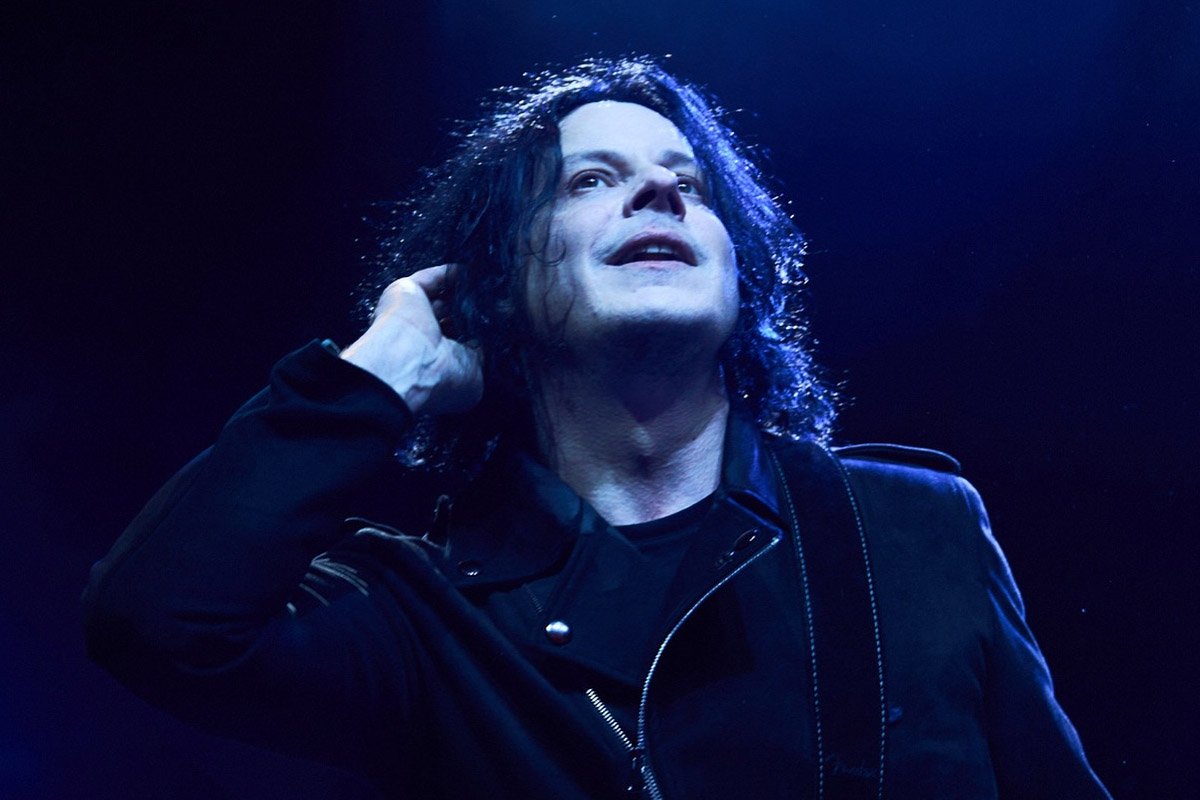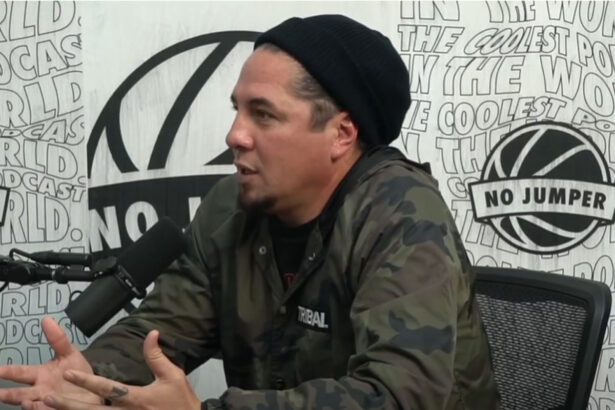Jack White shared unexpected insights about his musical journey during a recent speech at Oxford University. He posted the speech on Instagram. The Grammy-winning musician, known for his distinctive guitar work, revealed an unexpected truth about his musical path.
“When you’re passionate about stuff, you don’t know if the things you’re passionate about will also be something interesting for other people,” White explained. “Maybe someone thinks ‘I want to be a stand-up comedian.’ You [might] try to do stand-up and some people laugh, but you don’t get a standing ovation.”
“Then you go and do this play because your friend was in it, then that’s when you got a standing ovation. It’s like ‘Well I didn’t mean to do that’…That’s how I feel about the guitar,” he added.
“I didn’t care about the guitar. I wanted to be a drummer my whole life,” he continued. “That was all I cared about. I’ve played drums many times live and people think it’s OK, but [it’s] not something that really connects with people. For some reason, the guitar part, that expression has some kind of validity to it. I don’t know why.”
This revelation offers a fascinating glimpse into White’s early musical development. It illuminates the circumstances that shaped his iconic career.
Early Musical Beginnings

WERS documents White’s first steps in music with The Upholsterers. He started as a drummer but soon made a pivotal switch to guitar.
This transition marked a decisive moment. It set the foundation for his future musical direction and distinctive style.
Blues Influences

The Jack White Archives highlights the profound impact of blues legends on his guitar style. Artists like Robert Johnson and Son House shaped his musical approach significantly.
White’s connection to blues runs deep. He once reflected, “When I heard Son House and Robert Johnson, it blew my mind. It was something I’d been missing my whole life.”
Revolutionary Impact

Far Out Magazine notes White’s groundbreaking contribution to modern music. His work with The White Stripes proved that blues could thrive in contemporary settings.
His innovative fusion of blues and punk elements earned him recognition as a generation-defining guitarist. This achievement came despite his initial reluctance to embrace the instrument.





